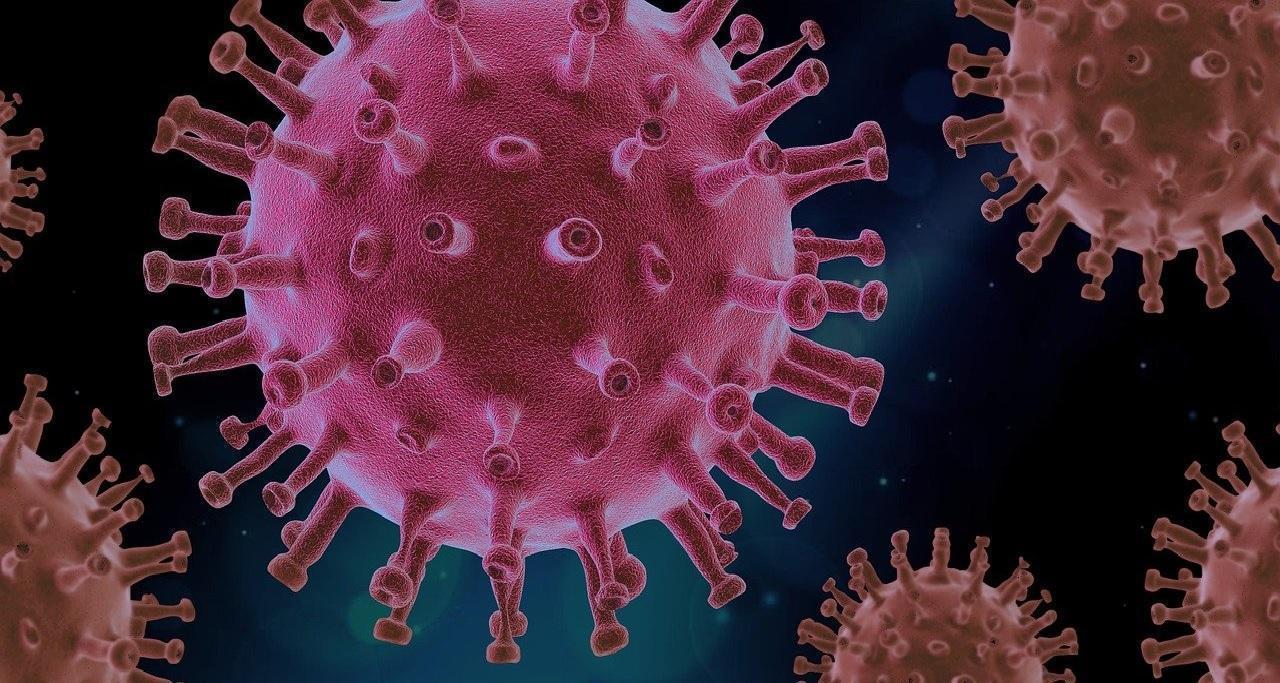Home / News / India News / Article /
'Third wave of Covid-19 may not happen if strong measures are taken'
Updated On: 07 May, 2021 12:00 AM IST | New Delhi | PTI
"If we take strong measures, the third wave may not happen in all places or indeed anywhere at all. It depends on much how effectively guidance is implemented at the local level in the states, districts and cities everywhere," he said.

Photo for representational purpose
There may not be a third wave of coronavirus in the country if strong measures are taken and effectively implemented at the state, district and city-level, the country's top scientific officer said on Friday, two days after he warned that this wave was inevitable.
K VijayRaghavan, Principal Scientific Adviser, said the "insidious asymptomatic transmission" can be stopped if the guidance about precautions, surveillance, containment, treatment and testing is followed.



